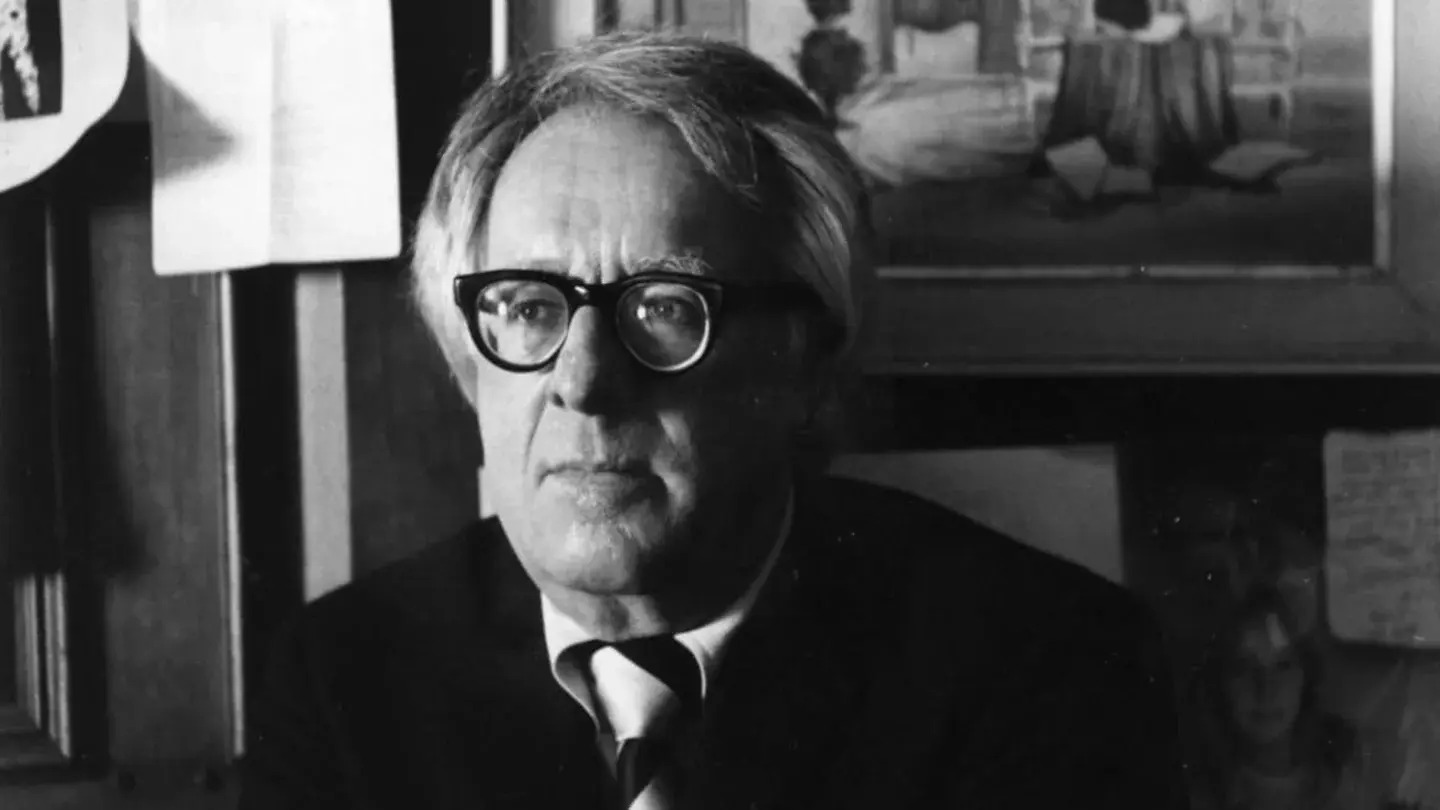
Ever wondered who masterminded the dystopian world of Fahrenheit 451, or who painted the hauntingly beautiful Martian landscapes in The Martian Chronicles? Yep, you guessed it – Ray Bradbury, the literary wizard who took us on countless journeys through time, space, and the human psyche. But how much do you really know about the man behind the typewriter? From his early days as a budding writer to his profound impact on science fiction and fantasy, there's a galaxy of facts about Bradbury that many haven't explored. Ready to get your mind blown by some of the most fascinating tidbits about this iconic author? Let's dive into the universe of Ray Bradbury and uncover the stories that shaped his legacy. Trust me, it's going to be an adventure worth embarking on!
Key Takeaways:
- Ray Bradbury, a prolific American writer, left an enduring legacy through his imaginative storytelling and influential works, including the iconic "Fahrenheit 451."
- Bradbury's visionary predictions and timeless advice continue to inspire future generations, emphasizing the power of storytelling and the enduring impact of literature.
Who Was Ray Bradbury?
Ray Bradbury, born on August 22, 1920, in Waukegan, Illinois, became one of the most celebrated 20th-century American writers. His works spanned various genres, including fantasy, science fiction, horror, and mystery fiction. Best known for his dystopian novel "Fahrenheit 451," Bradbury's vivid imagination and captivating storytelling have left an indelible mark on literature.
Early Inspirations
-
Bradbury's love for writing was ignited in his early childhood. He was an avid reader and found solace in the fantasy world of books. His fascination with the works of Edgar Allan Poe played a significant role in shaping his writing style.
-
At the age of 12, Bradbury had his first encounter with magic after seeing a performance by the magician Mr. Electrico. This experience inspired him to become a writer, believing in the magic of storytelling to resurrect the dead and live forever.
A Prolific Career
-
Over his lifetime, Bradbury wrote more than 600 short stories, numerous novels, plays, screenplays, and even poetry. His ability to cross genres seamlessly made his work universally appealing.
-
"The Martian Chronicles," a collection of loosely connected stories about the colonization of Mars, showcased Bradbury's talent for blending science fiction with social commentary.
Fahrenheit 451: A Masterpiece
-
"Fahrenheit 451," published in 1953, remains Bradbury's most acclaimed work. The novel explores themes of censorship, the effects of technology on society, and the importance of literature.
-
Contrary to popular belief, Bradbury has stated that "Fahrenheit 451" was not only about censorship but also about how television reduces interest in reading literature.
Beyond Writing: Contributions to Film and TV
-
Bradbury's influence extended beyond the page. He contributed to film, television, and even theater. His work on the screenplay for John Huston's "Moby Dick" (1956) is particularly notable.
-
The Ray Bradbury Theater, a television anthology series featuring adaptations of his short stories, allowed Bradbury to reach a wider audience and showcase his storytelling prowess in a new medium.
Awards and Honors
-
Throughout his career, Bradbury received numerous awards, including the National Medal of Arts in 2004 and a special Pulitzer Prize citation in 2007 for his distinguished, prolific, and deeply influential career.
-
He was also an enthusiastic promoter of public libraries and the freedom to read, often speaking out against censorship.
Personal Life and Legacy
-
Bradbury met his wife, Marguerite McClure, at a bookstore in Los Angeles. They were married in 1947 and had four daughters. His family life provided a stable foundation for his prolific output.
-
Bradbury never learned to drive and never obtained a driver's license, citing a car accident in his childhood as the cause of his lifelong fear of automobiles.
-
Ray Bradbury passed away on June 5, 2012, at the age of 91. His legacy lives on through his vast body of work, which continues to inspire readers and writers around the world.
Bradbury's Influence on Future Generations
-
Bradbury's work has influenced countless writers, filmmakers, and artists. His imaginative storytelling and ability to explore complex themes through speculative fiction have made him a cornerstone of American literature.
-
Schools and libraries across the globe still include Bradbury's novels and short stories in their curricula, testament to his enduring impact on culture and education.
-
The annual Ray Bradbury Award for Science Fiction & Fantasy, presented by the Science Fiction and Fantasy Writers of America, honors outstanding writing in the genres Bradbury loved most.
A Visionary's Predictions
-
Bradbury was not just a writer of fiction; he was also a visionary. Many of the technological advancements and societal changes he wrote about have come to pass, including the idea of flat-screen televisions and earbud headphones.
-
His cautionary tales, particularly concerning the potential downsides of technology and the importance of human connection, remain relevant in today's tech-driven world.
-
Despite his futuristic insights, Bradbury remained skeptical of the internet and computers, preferring the tactile experience of books and libraries.
-
Bradbury's advice to aspiring writers was simple yet profound: "You must stay drunk on writing so reality cannot destroy you." His passion for storytelling and belief in the power of literature to transcend time and space continue to inspire.
A Look Back at Bradbury's Legacy
Ray Bradbury, a master storyteller, left an indelible mark on the world of literature. His works, brimming with imagination and profound insights, continue to inspire readers and writers alike. From the dystopian futures depicted in Fahrenheit 451 to the nostalgic warmth of Dandelion Wine, Bradbury's stories explore the depths of human emotion and the complexities of society. His legacy isn't just in the books he wrote but in the minds he opened and the futures he envisioned. As we reflect on his contributions, it's clear that Bradbury's vision, creativity, and passion for storytelling have cemented his place as one of the most influential writers of the 20th century. His tales, rich with speculative wonder, challenge us to think, dream, and, above all, imagine a world beyond our own.
Frequently Asked Questions
Was this page helpful?
Our commitment to delivering trustworthy and engaging content is at the heart of what we do. Each fact on our site is contributed by real users like you, bringing a wealth of diverse insights and information. To ensure the highest standards of accuracy and reliability, our dedicated editors meticulously review each submission. This process guarantees that the facts we share are not only fascinating but also credible. Trust in our commitment to quality and authenticity as you explore and learn with us.


